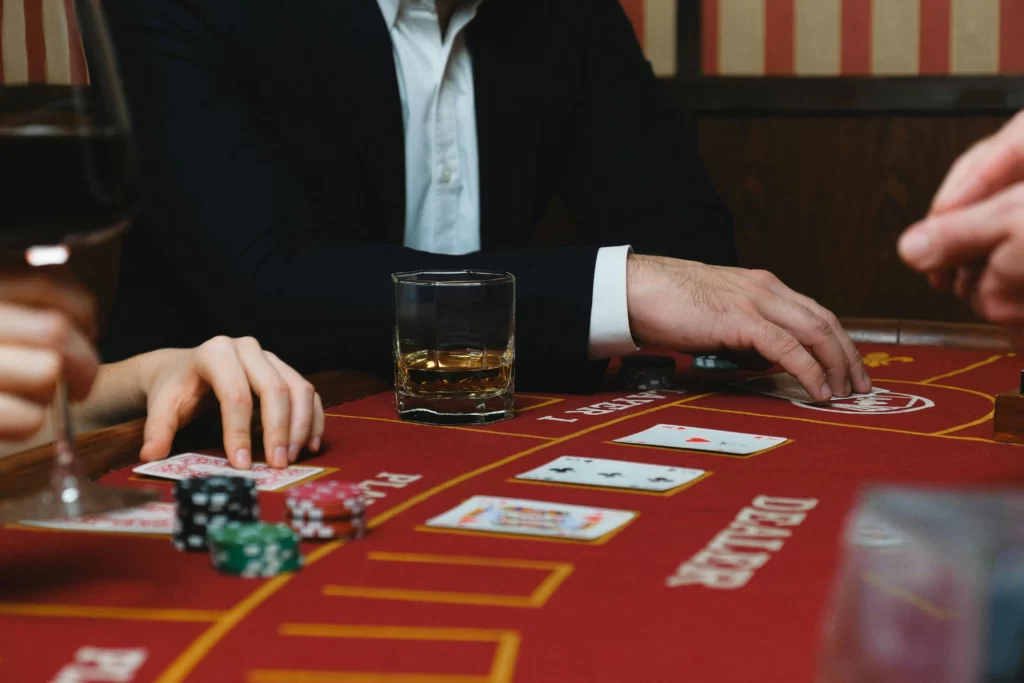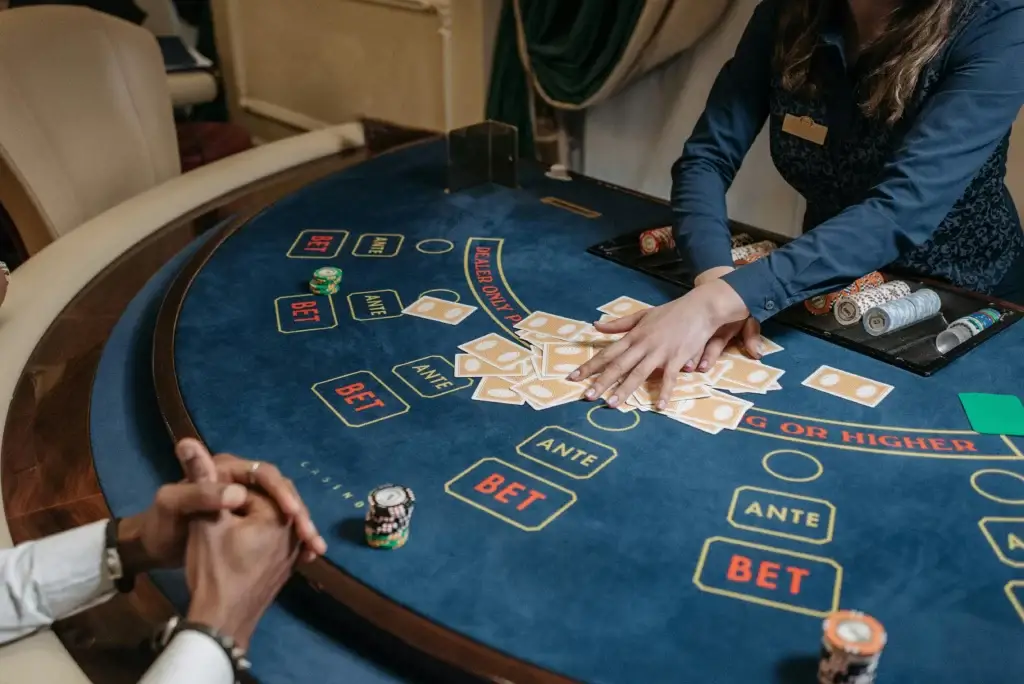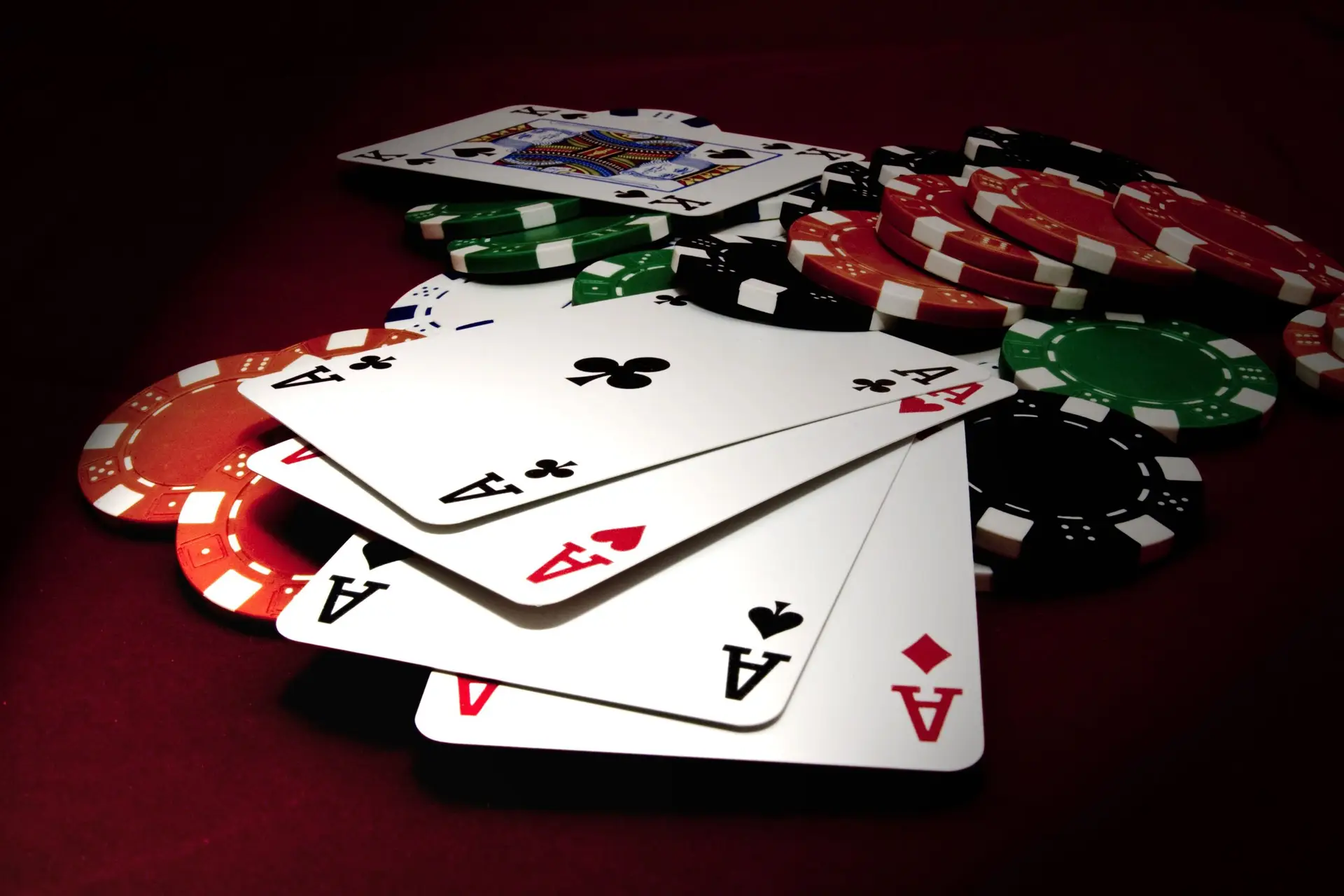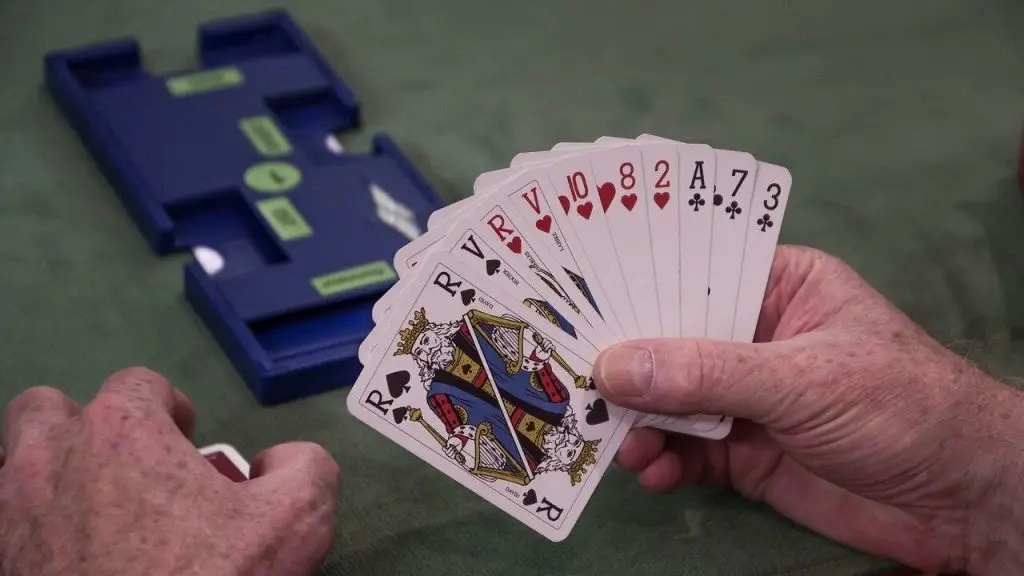Poker has always been more than just a card game. For millions of people around the world, it is not only a recreational game, but also a true intellectual sport that requires skill, analysis and self-control. But when and in which countries was poker recognised as a sport? The answer to this question is not as simple as it seems.
The beginning of the road to recognition: When was poker recognised as a sport?
The first steps towards the legalisation of poker as a sport began in the late 20th century. In the 1970s, the World Series of Poker (WSOP) was held in the United States, which laid the foundation for later recognition. These tournaments showed that poker, like any other sport, requires skill and that the element of luck makes the game just as entertaining. The decisive factor was not only the skill of the professionals, but also the interest of the spectators.

The first serious discussions on the official recognition of poker as a sport began in the early 2000s. During this period, professional tournaments were televised, which increased the popularity of the game and helped to convince the public of its sporting value. In 2003, Chris Moneymaker’s WSOP victory proved that anyone could be successful at poker, attracting more people to the game.
Stages
- 1970 – Beginning of the WSOP tournaments that recognised poker as an intellectual competition. The tournaments were held at casinos in Las Vegas and attracted top players from all over the world.
- 2000s – active debates on the recognition of poker as a sport and support for professionals. TV programmes such as Poker After Dark and High Stakes Poker contributed to popularity and helped attract a wider audience.
- 2010 – Recognition in some countries and involvement of the International Poker Federation in promoting the game. In 2010, the International Poker Federation (FIP) organised the first official tournaments and created an international player rankings.
Poker and the law: Which countries have recognised it as a sport?
Countries have taken different paths in recognising poker as a sport. Russia, for example, was one of the first countries to briefly recognise the format as an official sport. In 2007, sports poker was included in the register of sports, but then withdrawn. According to the Russian Sports Ministry, the decision to recognise poker as a sport was based on several arguments from experts who claimed that the game requires analytical and strategic skills.
However, the game has continued to grow in European countries. In the UK, poker is officially recognised as a sport and remains very popular among the population. Professional tournaments such as the European Poker Tour (EPT) attract thousands of participants and hundreds of thousands of spectators. In other countries, such as France and Germany, poker also enjoys the status of an intellectual game that requires specialised skills and abilities.
The International Poker Federation and its role
 The International Poker Federation (FIP) has played an important role in promoting the format as an official sport. It has actively promoted the idea of international recognition. Founded in 2009, the FIP organises tournaments, promotes the game and tries to promote the understanding of poker as a system in which success is based on skill and strategy.
The International Poker Federation (FIP) has played an important role in promoting the format as an official sport. It has actively promoted the idea of international recognition. Founded in 2009, the FIP organises tournaments, promotes the game and tries to promote the understanding of poker as a system in which success is based on skill and strategy.
The main achievements of the International Poker Federation are:
- Creating an international ranking of players. The rankings take into account the results of international tournaments such as the World Series of Poker and the European Poker Tour.
- Organising global tournaments such as the World Mind Sports Games, which can be compared to chess and bridge. These tournaments show that poker can be an intellectual and strategic sport that requires serious preparation.
- Recognising poker as a discipline that requires analytical thinking and decision making. The League is committed to making poker an Olympic sport and is already taking steps in that direction.
Arguments for and against recognising poker as a sport
The decision to recognise poker as a sport was controversial. Some saw it as a game of pure chance, where everything depends on luck, while others saw it as a sport that requires a high level of training and the ability to make quick and accurate decisions. The debate continues today and arguments from both sides still carry weight.
Arguments for:
- Skill and strategy. Success in poker is not based on luck, but on analytical skills, psychological analysis of opponents and decision-making under pressure. Players like Daniel Negreanu and Phil Ivey stress the importance of strategic thinking and the ability to ‘read’ opponents.
- Training and skill. Professional players train regularly, study statistics and analyse games like chess players. Jennifer Harman, one of the most successful players, says the key to success in poker is daily practice and analysis.
- Mental skill. Poker requires mental effort, making it similar to other recognised intellectual sports such as chess or bridge. The World Series of Poker attracts thousands of participants, underlining the seriousness and competitive nature of the sport.
Counterarguments:
- The gambling element. The element of chance in the hand makes it difficult to consider poker a pure sport. Opponents argue that relying on luck makes poker less predictable and more dangerous.
- The association with gambling. In public opinion, poker is often associated with casinos and gambling, which has hindered the legalisation of poker as a sport. Many countries still consider poker a game of chance, making it difficult to recognise.
Poker in Russia: the specifics of its legal status
Gambling in Russia has undergone a wave-like evolution. In 2007, poker was recognised as a sport, allowing tournaments to be held legally. But in 2009, this status was revoked and the game was reclassified as gambling entertainment. The reason for this decision was due to changes in the law to regulate the gambling industry in the country.
Despite this, poker’s popularity in Russia has not waned. Many tournaments are still held in gambling regions such as Sochi and Vladivostok. Russian players like Vitaly Lunkin and Igor Kurganov participate in international competitions, representing their country at the highest level and proving that poker is an intellectual discipline that requires skill.

Conclusion
 Poker has been recognised as a sport in many countries, giving the game a deserved place on the international stage. Despite all the controversy and counter-controversy, the format continues to evolve as a system of thought that requires skill, strategy and the ability to make decisions under pressure.
Poker has been recognised as a sport in many countries, giving the game a deserved place on the international stage. Despite all the controversy and counter-controversy, the format continues to evolve as a system of thought that requires skill, strategy and the ability to make decisions under pressure.
 en
en  ru
ru  de
de  ar
ar  es
es  nl
nl  hi
hi  fr
fr  it
it  pt
pt  el
el 










